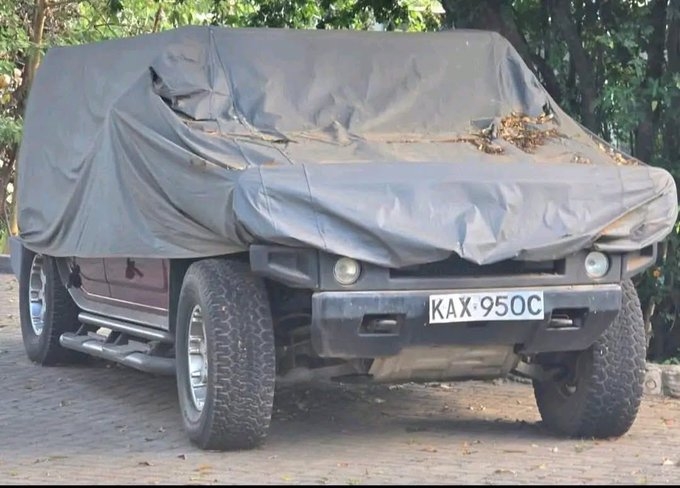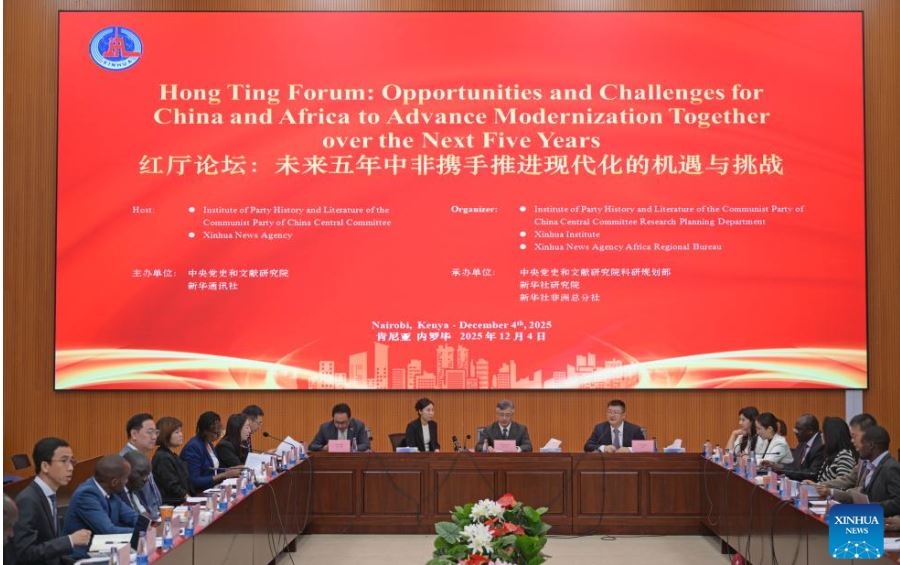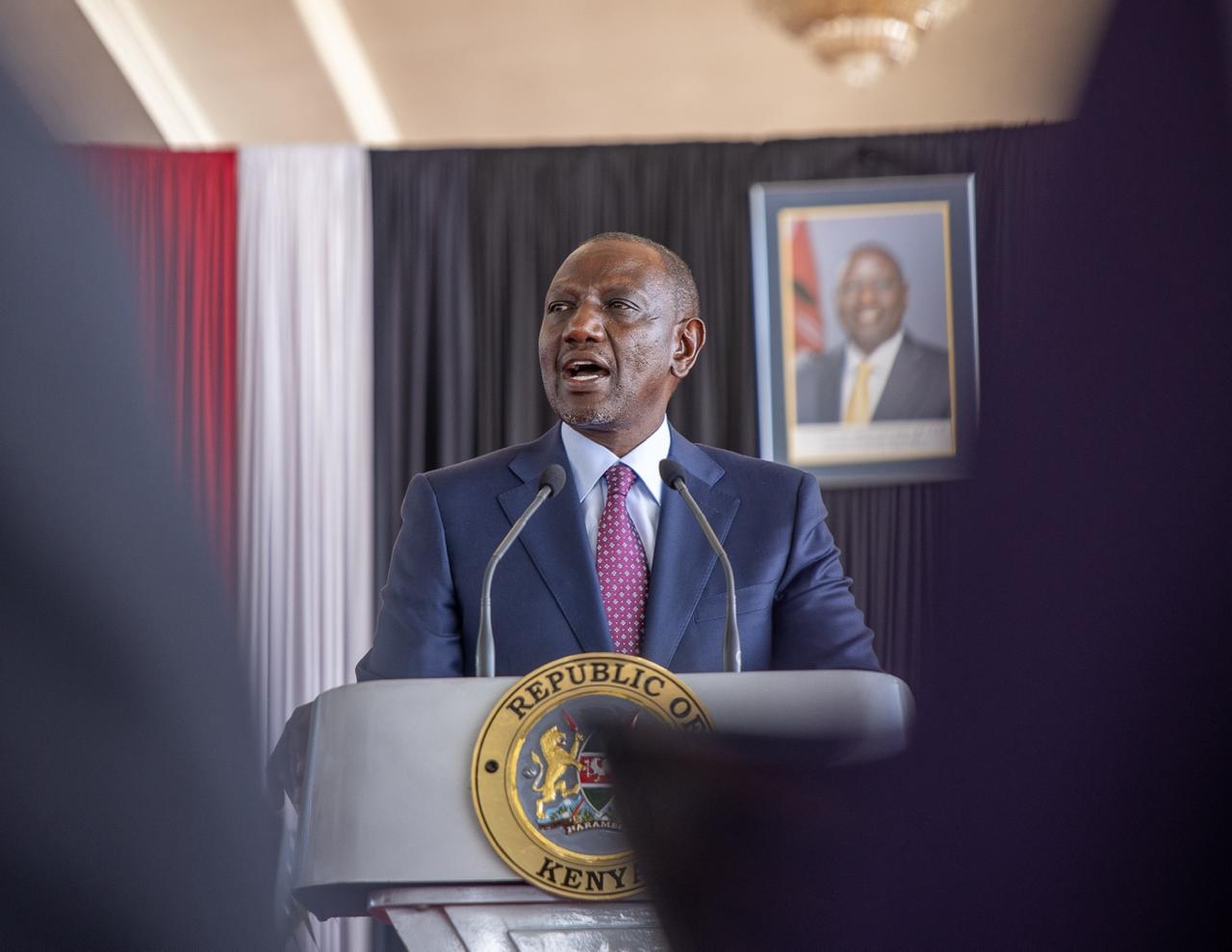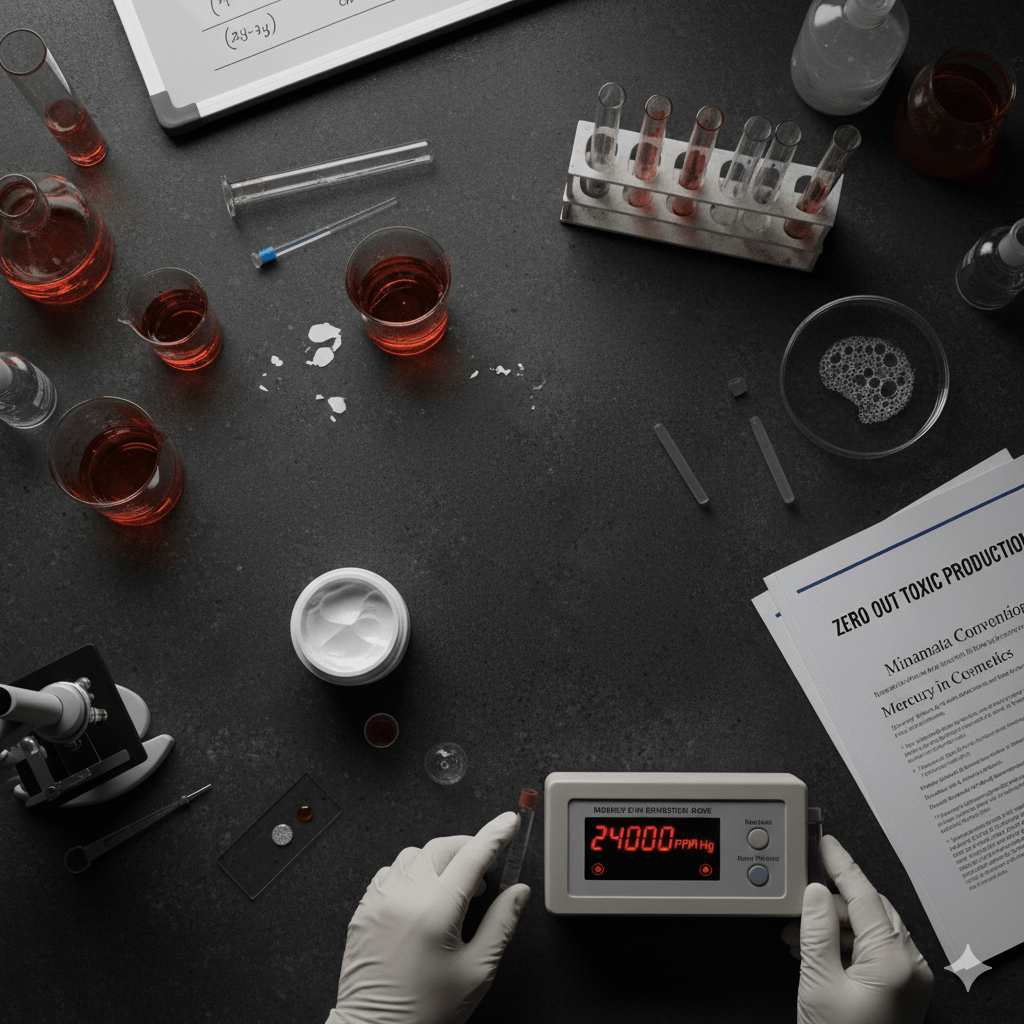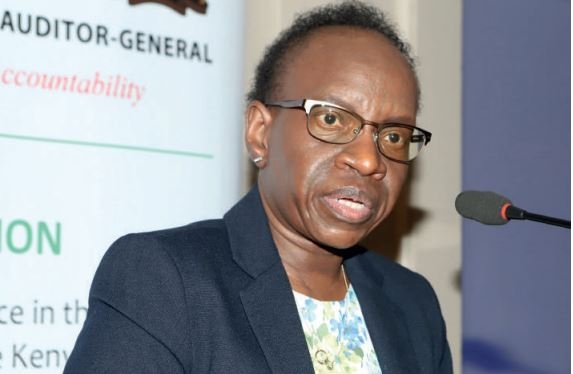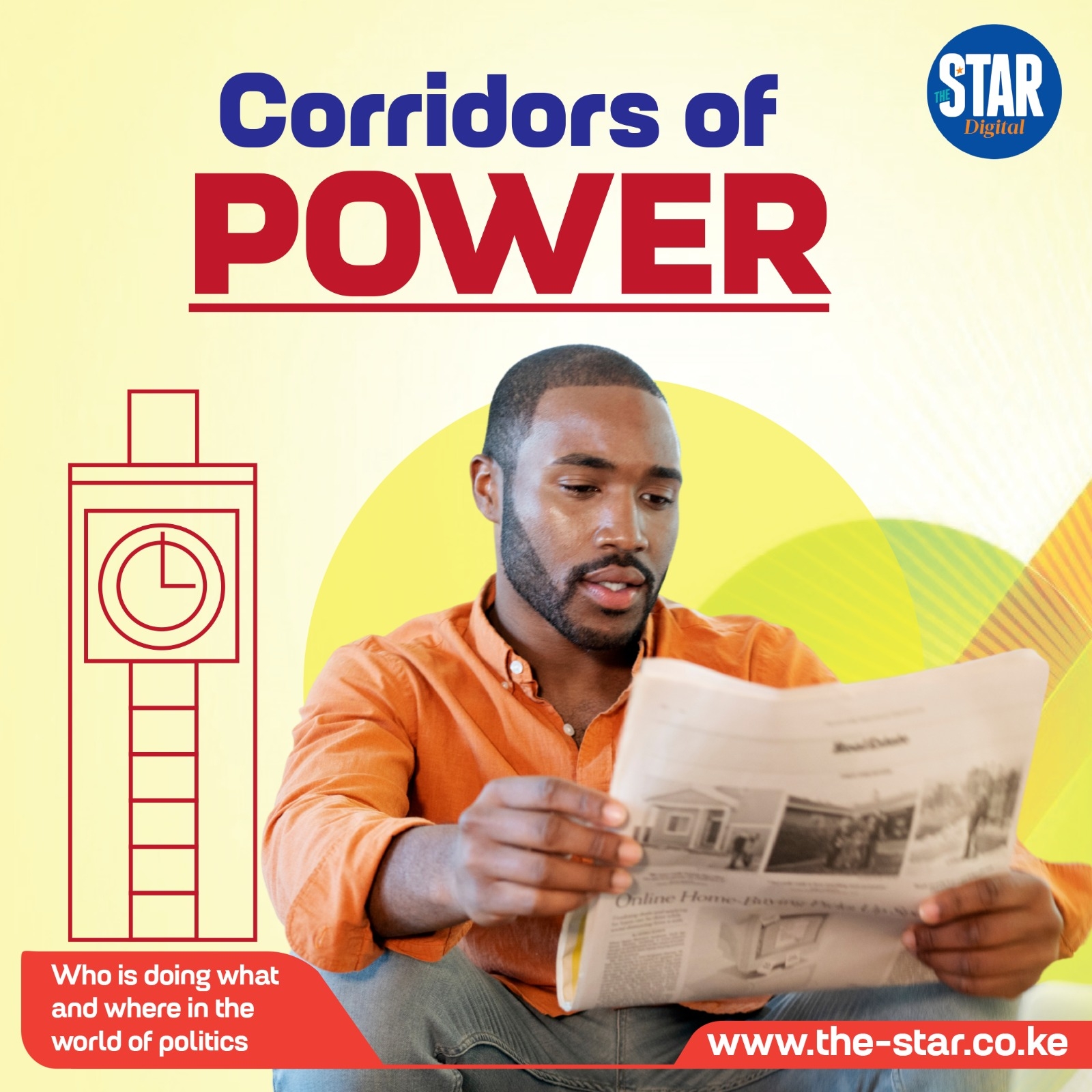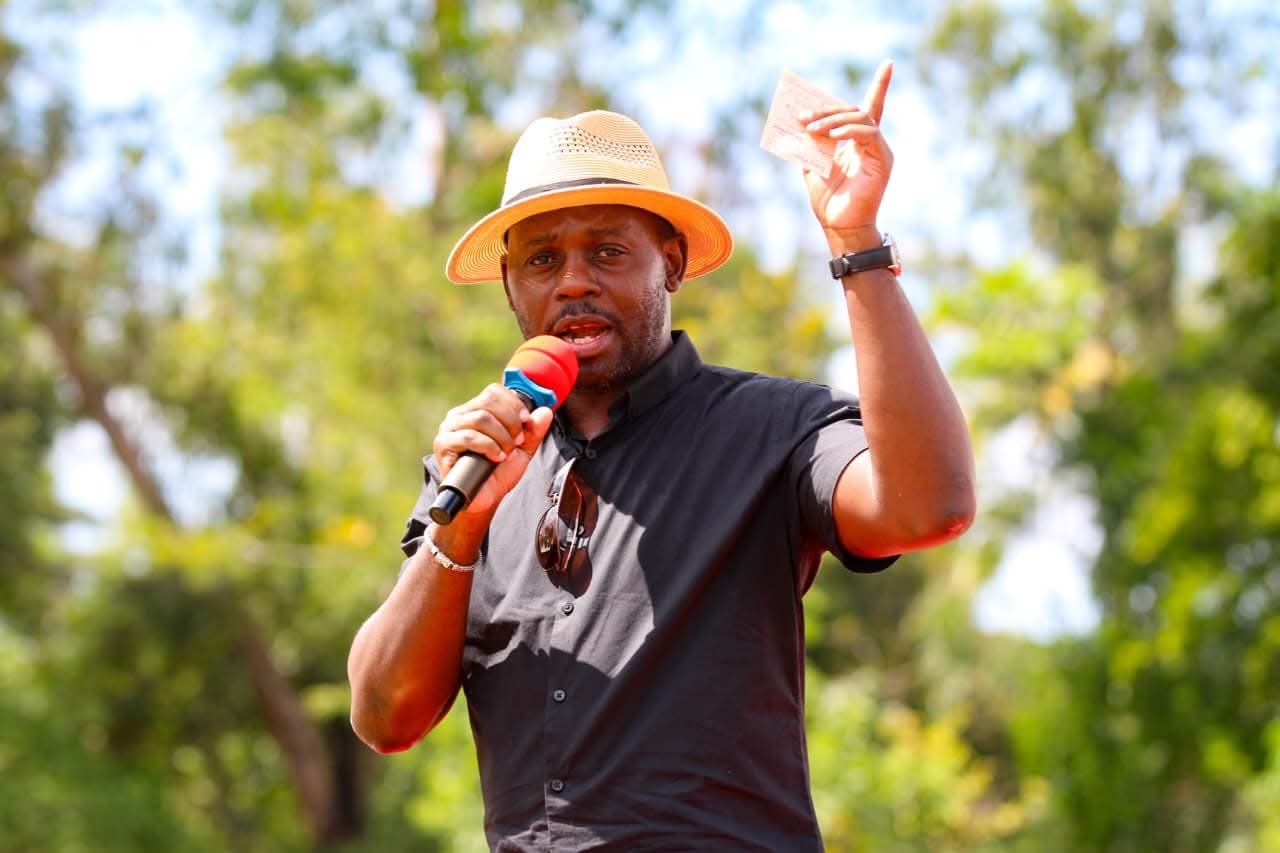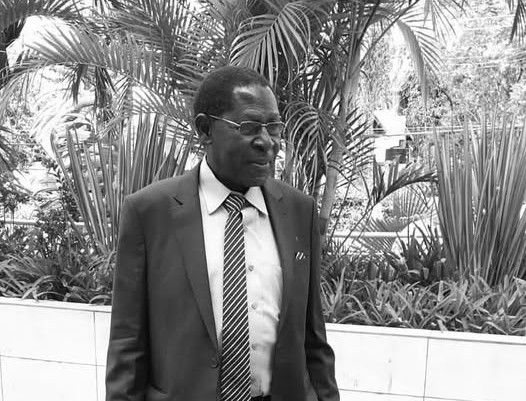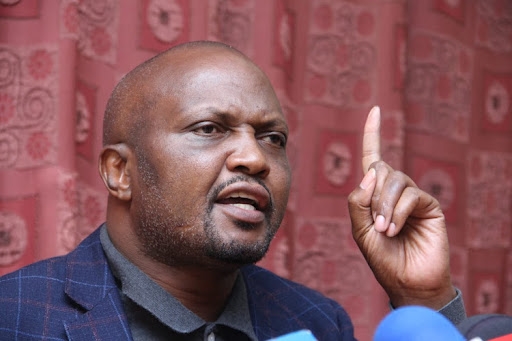
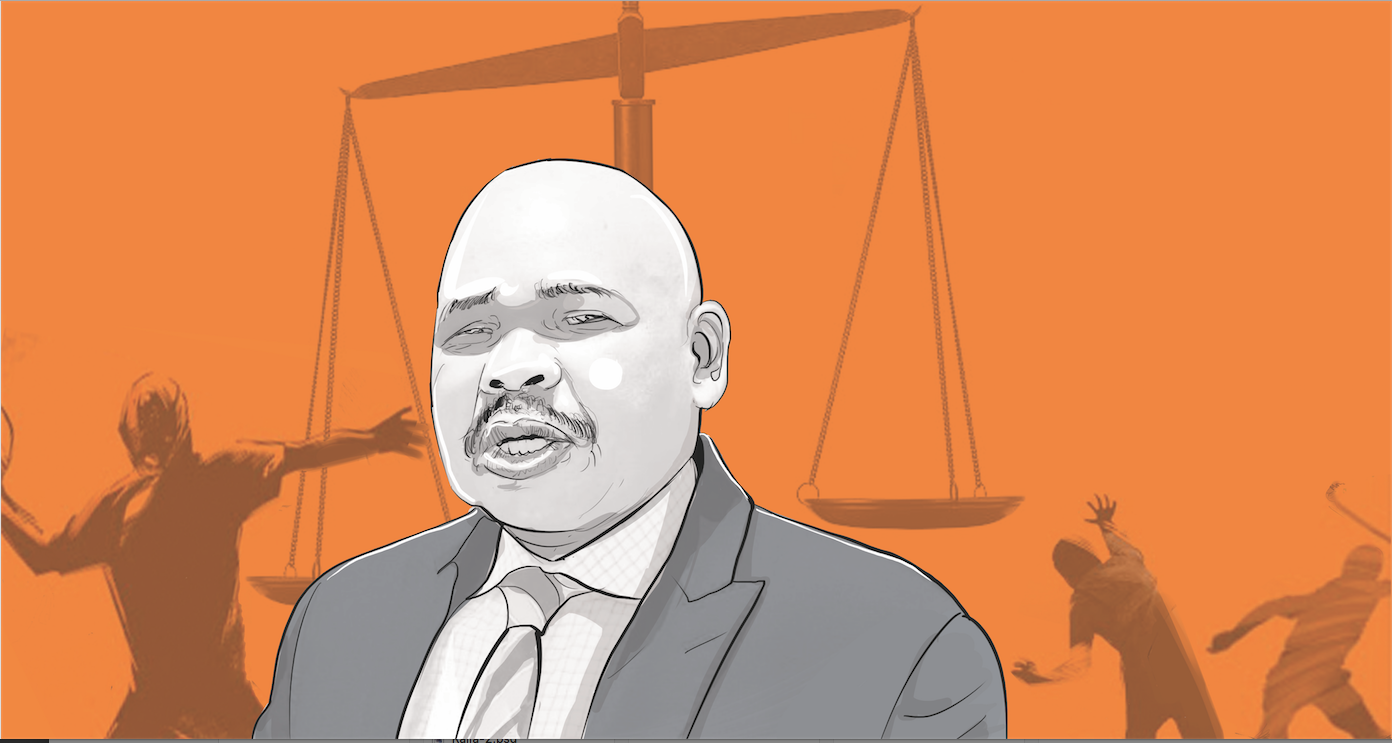
For decades, protests in Kenya too often end in tragedy—lives lost, bodies harmed, and livelihoods shattered. While Article 37 of the constitution guarantees the right to assemble, the government’s response has often been characterised by excessive force, leaving victims without justice. This pattern has fostered mistrust, anger, and political division.
The establishment of the Compensation Panel for Victims of Demonstrations and Public Protest, chaired by Prof Makau Mutua, is therefore not just a legal formality but both a constitutional duty and a political necessity. It signals a decisive break from impunity and a new commitment to justice.
The constitution is clear. Article 21 obligates the state to protect and fulfil rights, while Article 23 provides remedies when those rights are violated. The Victim Protection Act of 2014 reinforces this by providing for compensation and reparation.
The panel’s Terms of Reference, gazetted on August 25, 2025, root its mandate firmly in law: to design a framework to verify and compensate victims; engage families, state agencies, civil society and religious institutions to ensure inclusivity; authenticate victim data from credible institutions such as IPOA, KNCHR, the National Police Service and the Ministry of Health; recommend reparations, prosecutions or accountability measures; propose reforms to address the culture of policing; and submit periodic progress reports and a final report to the President.
Beyond these responsibilities, the panel enjoys legal powers to access state records, summon institutions or individuals, constitute working groups and co-opt technical experts. These provisions guarantee that the panel is not a political experiment but the law in motion.
Kenya’s politics has long been poisoned by unresolved pain. Families left without justice become fertile ground for resentment and instability. By compensating both civilians and security officers, the state demonstrates maturity and inclusivity. This is about more than payouts—it is about political legitimacy.
A government cannot credibly claim to serve all its citizens while ignoring victims of its own failures. By embracing this process, the administration is showing that it is willing to confront injustice, even when uncomfortable.
The panel’s composition further strengthens its legitimacy. Compensation must be transparent, evidence-based and defensible in law and politics. With Mutua’s legal scholarship, Faith Odhiambo’s institutional credibility as Law Society of Kenya president and diverse membership that includes clergy, academics and governance practitioners, the panel blends both technical rigour and political weight. It is designed to succeed.
Kenya has never before had a structured reparations mechanism. Victims of political violence, forced evictions and extrajudicial killings have long pursued justice piecemeal, often in vain.
The Mutua panel changes that. It sets a powerful precedent that state-inflicted harm will not go unanswered. If implemented faithfully, it can create a model for restorative justice that extends beyond protests—positioning Kenya as a leader on the continent in reconciling constitutional democracy with painful history.
Unlike past ad hoc promises, this process is anchored in law, guided by clear Terms of Reference and supported by technical expertise. It has the mandate, the powers and the legitimacy to succeed.
As I have said before, “When the panel delivers, history will record this as the moment Kenya chose justice over impunity, reconciliation over division, and dignity over brutality.”
The law provides the foundation. Politics provides the will. The victims deserve justice. That is why – for the sake of the constitution, for the credibility of the state and for the healing of our nation – the Makau Mutua panel is Kenya’s chance at justice.
Okango is a Strategic advisor and expert in leadership and governance



